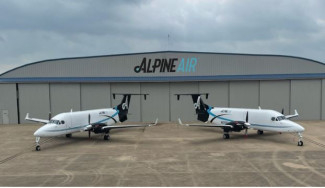What Does "Competitive" Really Mean?
It is not just about hours; and experience is subjective. Just because you meet the minimums, it doesn't necessarily mean you are competitive.
Minimum Qualifications versus Competitive Qualifications
Minimum criterion will generally consist of quantitative data, i.e., hours, aircraft, ratings, education, etc. Minimums vary among the airlines. These are qualifications that can be easily set and often queried in a database. In setting the minimum criterion companies look at a variety off actors. Some examples are:
- Demographics of the current pilot pool, i.e., the general experience level and availability of qualified pilots
- The minimums can not be set so high as to exclude any one group of people based upon sex, race, age, etc.
- The qualifications of successful pilots currently or previously flying at the company
- In corporate aviation, actual time or a type rating in the company's aircraft is often required
In order to avoid showing favoritism or discrimination, companies are very careful not to deviate from the basic requirements. Minimums are evaluated on a regular basis and can change from time to time.
Applying competitive guidelines allows a company to select the best of those pilots who meet the minimum criterion. When adding the competitive factor, a company still needs to be careful not to discriminate.
What makes a pilot competitive? Each airline has different guidelines, but several of the following factors are considered:
-
The minimum hour requirement might be 1,000 total time, but the airline has a large pool of pilots who have 3,000 hours, so they might set that as one selector the same goes with multi-engine time or pilot-in-command time. However,it is not all about hours. They also look at the types of aircraft flown,hours commensurate with experience and so much more.
-
Recency in flying is important.
- While many companies don't require type ratings, having one or more demonstrates ability to learn new aircraft.
- Some companies state a four-year degree is preferred; however, if the pool provides a large group of pilots with four-year degrees, they will set that as a competitive criterion.
- The career path is evaluated applicants with many gaps and a checkered career might be bypassed over someone who has demonstrated a stable career path emphasizing dedication to flying. However, companies do understand how furloughs, bankruptcies, etc. can impact the career.
- Potential judgment errors can move someone lower in the queue. Examples are a series of failed check rides, being fired from companies, or DUIs. It doesn't mean a pilot can't overcome these, but when companies have multiple candidates with no major issues, they are likely to call them in first.
- In many cases, referrals play a big role in getting the interview. Having a company employee vouch for an applicant provides the company insight that adds value to the pilot's credentials.
Companies have hundreds and sometimes thousands of applications on file. They can't call everyone in at once. They evaluate pilot credentials carefully so they can save time and money in the selection process and hire the best pilots who will be a good fit at their airline.
Be proactive. Don't compare yourself to other pilots,because you are all different. It is easy to find out who is getting hired and what the general competitive qualifications are. Start by meeting the minimums and strive to be the best pilot you can be so that you will one day become competitive.
If you believe you are already competitive, get out there and find ways to get your application reviewed. Go to job fairs where you can meet the recruiters, have friends put in a good word for you. Continue to up date your application making sure that all the fields are filled in that demonstrate you meet the requirements.
-
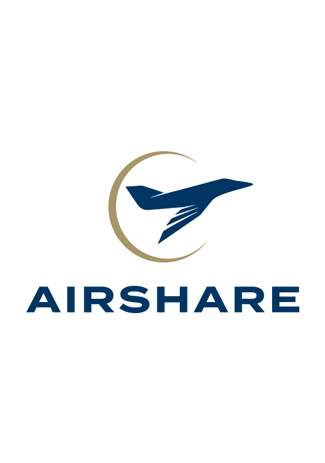
Airshare 07/22/2024
-
Alpine Air 07/18/2024
-
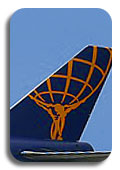
Atlas Air 07/17/2024
-
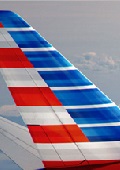
Piedmont Airlines 07/10/2024
-
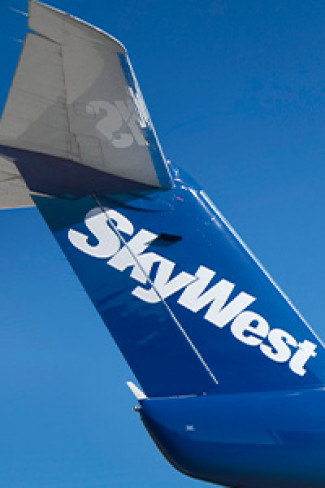
SkyWest 07/09/2024
 AIRLINE PILOT CENTRAL
AIRLINE PILOT CENTRAL